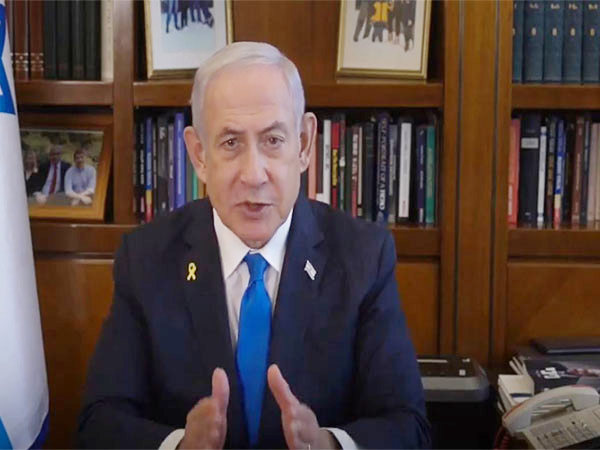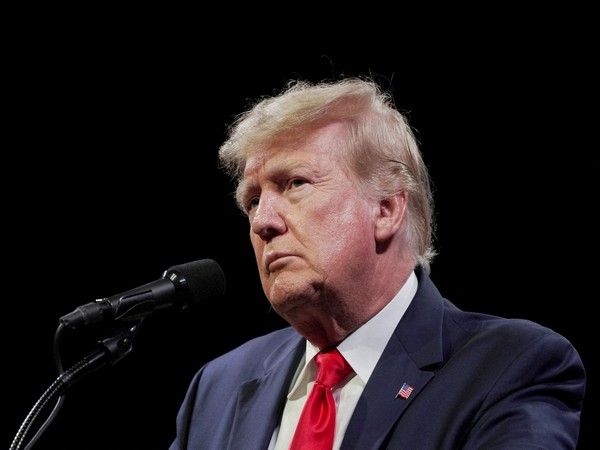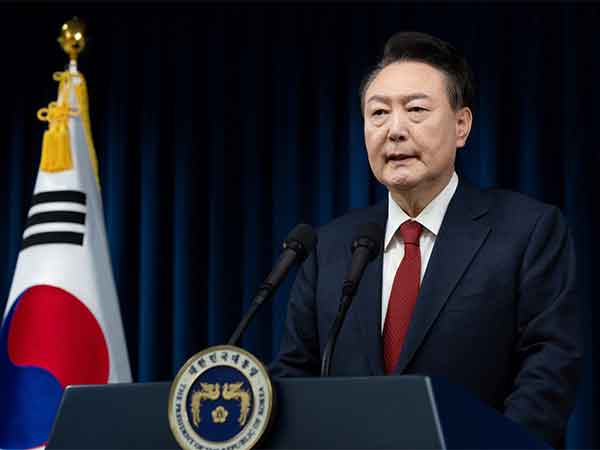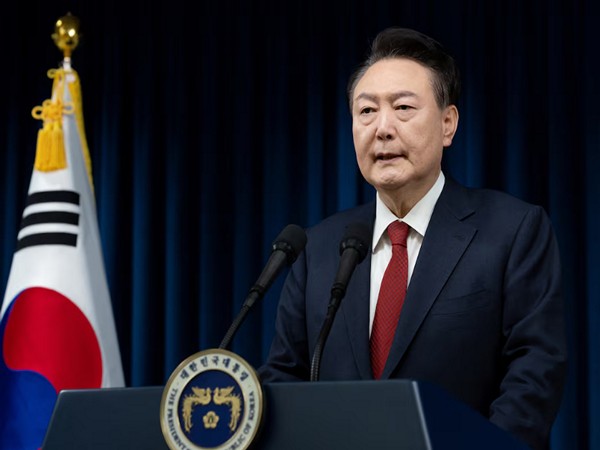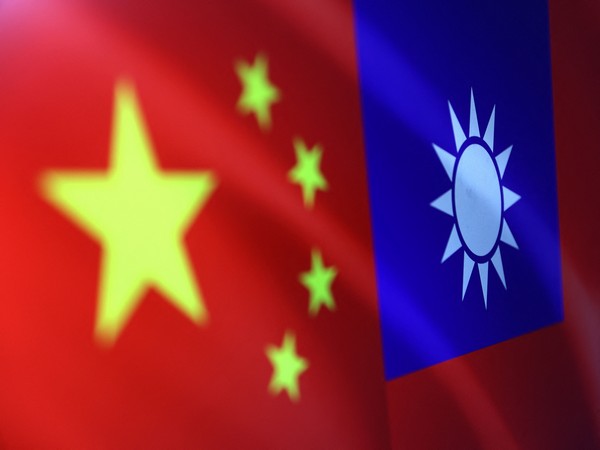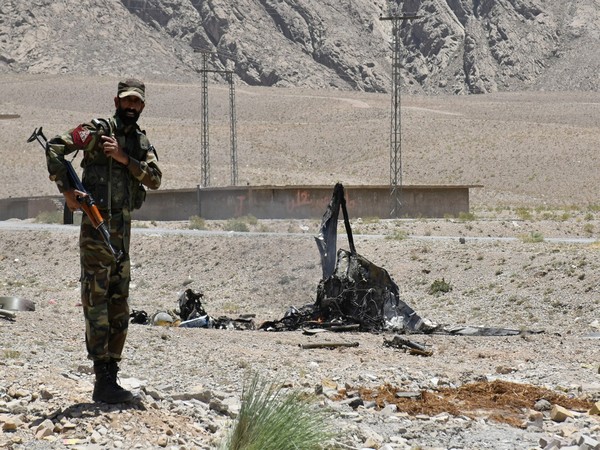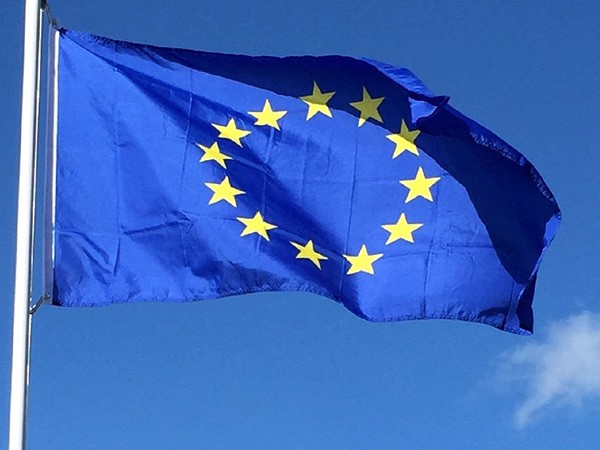
Hong Kong, January 9 (ANI): The EU-China investment deal, tentatively reached just last week, faces a new hurdle as a growing number of European Parliament members expressed concern on Wednesday over the mass arrests of over 50 pro-democracy politicians in Hong Kong under Beijing‘s draconian National Security Law.
“The situation in Hong Kong is followed closely by parliamentarians,” said Bernd Lange, head of the EU parliament’s trade committee, which will be responsible for reviewing the deal later this year, quoted South China Morning Post.
“Concerns about political freedom and human rights have played a prominent role in past debates on trade policy and will surely do so in the case of the CAI (EU-China Comprehensive Agreement on Investment),” he added, referring to the comprehensive agreement on investment.
The mass arrests, Lange said, “mark a violation of the spirit of the EU-China investment deal’s sustainability commitments”, which include human rights.
“This is clearly not a basis for constructive cooperation.” “It is difficult to understand how China and the EU can claim to share and advance common values when we look at the current situation,” Lange added. “No one should make the mistake of assuming there are built-in majorities for any deal.”
Guy Verhofstadt, a prominent EU Parliament member and former Belgian prime minister, went even further, saying the parliament “will never ratify the China Comprehensive Agreement on Investment without commitments and proof that the human rights of Hongkongers, Uygurs and Tibetans improve”.
Raphael Glucksmann, a parliament member from France, tweeted: “Democracy in Hong Kong is dying before our eyes, and the priority of our dear European leaders is to sell us their investment agreement with Beijing. “How can we be so out of time?”
Anna Fotyga, one of five co-chairs of the EU parliament’s Hong Kong Watch group, called on the EU to launch an impact assessment on the EU-China investment deal, analysing the effect the agreement will have on human rights, particularly in Hong Kong, Xinjiang and Tibet, South China Morning Post reported further.
The Chinese-state-run media claimed that the European Commission however, has continued to insist on the need to ratify the deal, which it said could give European businesses unprecedented access to the Chinese market.
It argued that human rights should be treated separately from trade and investment issues.
“The agreement on investment itself is not the appropriate instrument to deal with a complex country with which we also therefore have complex and multidimensional relations. So we have a sectoral agreement in the area of investment,” Eric Mamer, the commission’s chief spokesman, said.
“We have a separate line of dialogue with China on the rule of law, democracy,” Mamer said and added, “Clearly, we are working with China in a different way in different areas.”
British Foreign Secretary Dominic Raab said that the arrests “demonstrate that the Hong Kong and Chinese authorities deliberately misled the world about the true purpose of the national security law, which is being used to crush dissent and opposing political views”.
Antony Blinken, Biden’s pick for US secretary of state, decried the arrests as “an assault on those bravely advocating for universal rights” adding, “The Biden-Harris administration will stand with the people of Hong Kong and against Beijing‘s crackdown on democracy.”
Over 50 opposition lawmakers and activists were arrested on Wednesday on suspicion of violating the authoritarian national security law, for their part in a primary election run-off last July.
Among the arrested were former lawmakers James To Kun-sun, Lam Cheuk-ting, Andrew Wan Siu-kin, Alvin Yeung Ngok-kiu and Wu Chi-wai, as well as pollster Dr Robert Chung Ting-yiu, who helped organise the event, South China Morning Post (SCMP) reported.
Most of those had organised or taken part in primary contests held by the pan-democratic camp last July as part of a “35-plus” strategy to maximise its chances of taking control of the 70-member legislature.
According to the authoritarian security law, a principal offender convicted of subversion faces imprisonment of 10 years to life, while an “active participant” can be sentenced to between three and 10 years’ jail, while a minor can face a fixed term of not more than three years’ imprisonment or short-term detention or restriction. (ANI)








